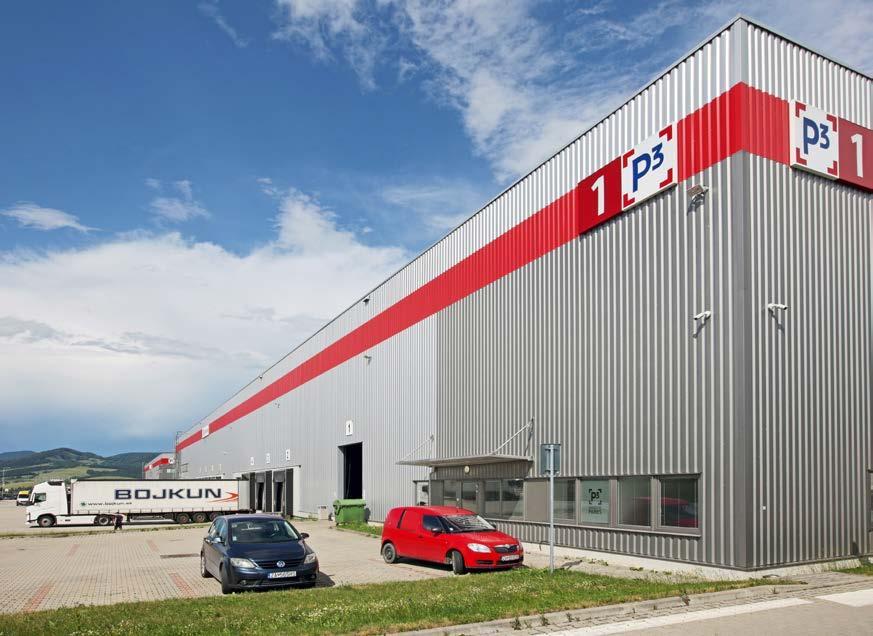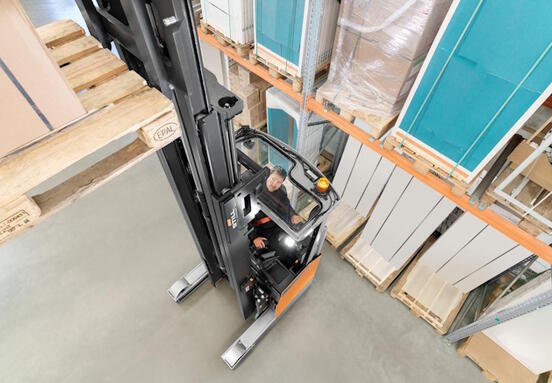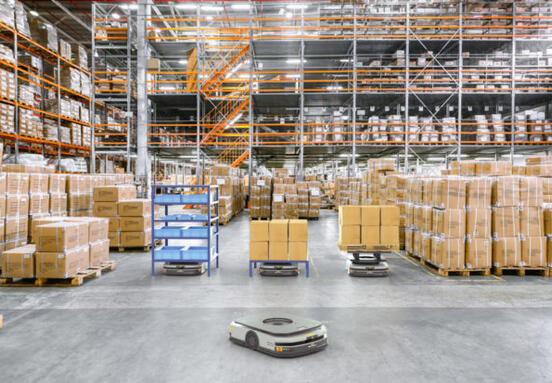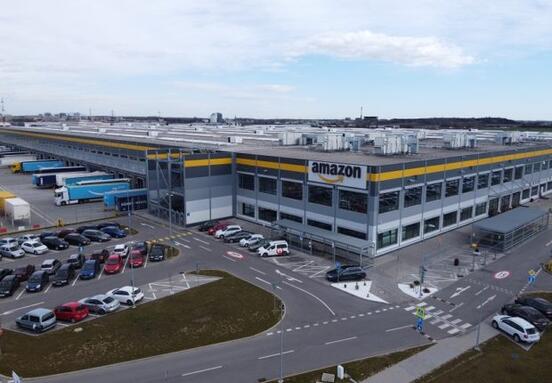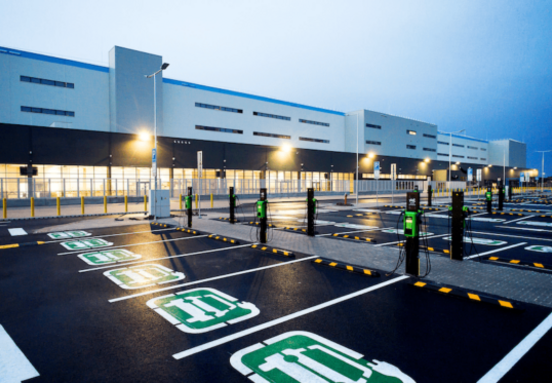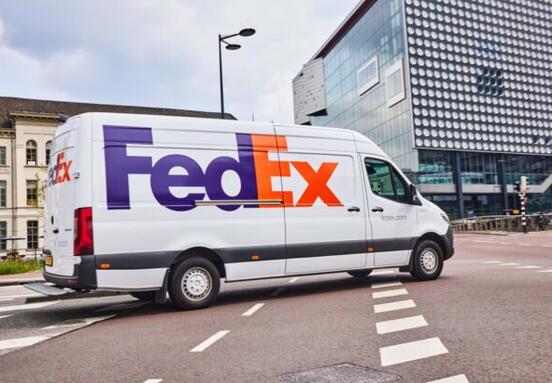The period of strict measures and the closure of brick-and-mortar stores has accelerated the diversion of trade to the Internet. Companies that have so far hesitated with the e-shop have had to work intensively in this area. The boom in online sales also requires a quick response to customer demand, thus increasing the demands for the fastest possible connection of the logistics center with the city. Peter Jánoši, CEO of P3 Logistic Parks, also points this out.
INCREASING DEMAND
In terms of demand, Peter Jánoši expects increasing demand in the field of e-commerce and 3PL in the near future. Due to the situation regarding COVID − 19, we are witnessing that some projects are suspended and awaiting consolidation of impacts. From a long-term perspective, however, a recovery is expected, respectively restructure of these demands from existing or future clients. There is a high demand for warehouse space on the market in prime localities, as evidenced by the high occupancy in the existing P3 parks.
"We are also feeling a partial recovery in the automotive sector, which is responding to demand space for new projects. Within P3 Logistic Parks, we noted among the first changes the need for short-term leases of warehouse space. This involved a wide range of food, retail and retail clients. Few of them expected that they would suddenly need to significantly change the flow of goods towards the customer. When that happened, they had little idea of what and to what extent to plan for the future. We had to react quickly to the situation and, together with our clients, accept changes, change our thinking and processes, “says Peter Jánoši, adding that the demand for them is growing for the so-called urban logistics parks.
According to Petr Jánoši, in order to meet the growing demands, the warehouses must be located in such a way that it is possible to get to the city center within a maximum of 30 minutes without any problems. The solution is brought by new, so-called urban logistics parks or last-mile centers, which will also provide services for a number of emerging small online stores. The importance of urban last-mile centers will continue to grow and may result in a decline in demands on large central warehouses.
"We are introducing innovative solutions to the construction of our properties, warehouses and halls. These lead to energy savings, flexibility in the operation of our tenants and environmental savings. Simulation of the energy performance of buildings uses a 3D model to calculate the energy performance of the proposed warehouse, which takes into account not only the sunny side of the building but also the wind direction, as well as glazing, shading or air conditioning. Life cycle assessment helps to obtain information on the environmental impacts of building materials and on the final energy performance of the building, ”explains Peter Jánoši.
"The importance of urban last-mile centers, such as the P3 park at Bratislava Airport, will continue to grow and may result in a decrease in demands on large central warehouses. The increasing demand for flexibility in transport and storage will in turn be reflected in the legal dimension of logistics companies' business and a more cautious approach to speculative construction. Slovakia needs to substantially increase the transparency and flexibility of construction and permitting procedures for the development and international competitiveness of the logistics real estate market. "
Source:// Systémy logistiky
